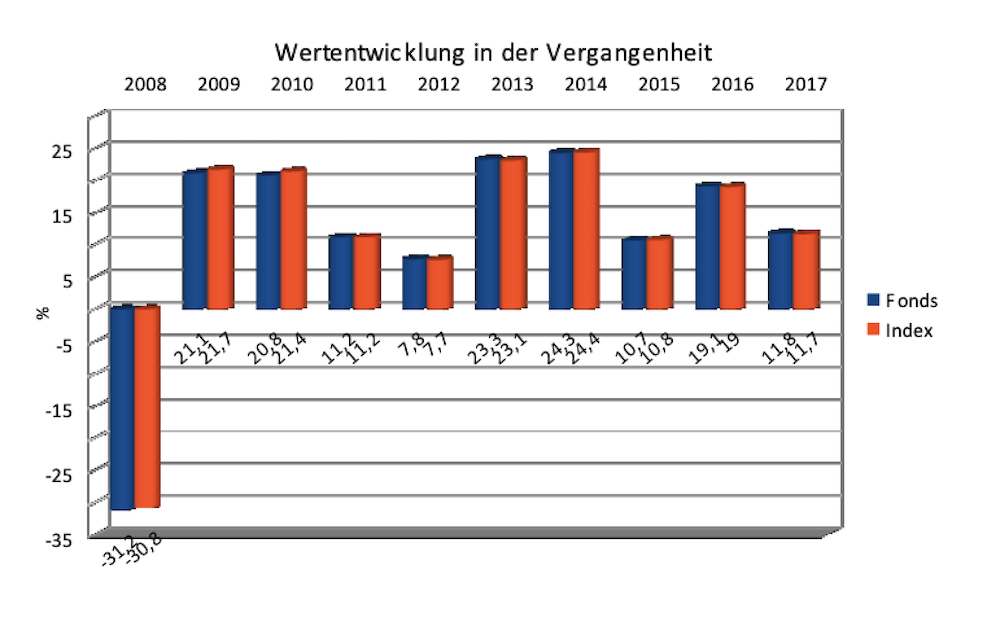Is A 'Best And Final' Job Offer Really Final? Negotiation Strategies

Table of Contents
Understanding the "Best and Final Offer" Tactic
Employer's Perspective:
Why do employers use the "best and final offer" tactic? It's often a strategic move designed to streamline the hiring process and manage resources effectively.
- To end negotiations quickly: The hiring manager wants to fill the position efficiently and move on to other tasks. Prolonged salary negotiation can be time-consuming and disrupt their workflow.
- To avoid setting a precedent for future hires: Granting one candidate a higher salary after a "best and final" offer could create expectations for future recruitment processes.
- To manage internal budget constraints: The initial offer might reflect the maximum salary approved within their allocated budget.
- To demonstrate firmness in their decision-making process: The phrase itself aims to convey a sense of finality, hoping to deter further negotiation.
Candidate's Perspective:
Receiving a "best and final offer" requires careful consideration. It's not simply about the salary figure; you need a holistic view.
- Assess the overall package: Carefully review the total compensation, encompassing salary, benefits (health insurance, retirement plan, paid time off), and perks (bonuses, professional development opportunities, stock options).
- Consider your financial needs and career goals: Is the offer sufficient to meet your current financial obligations and align with your long-term career aspirations?
- Understand your leverage: Do you have competing job offers? Are your skills and experience highly sought after in the current job market? This impacts your negotiating power.
Situations Where Further Negotiation Might Be Possible
Even a "best and final offer" isn't always set in stone. There are situations where further negotiation might be successful.
Unrealistic Expectations vs. Market Value:
If the offer significantly undervalues your skills and experience compared to market benchmarks, you have grounds to counter.
- Provide data-backed evidence: Use salary surveys, job postings for similar roles, and industry reports to support your claim of being underpaid.
- Highlight unique skills and qualifications: Emphasize aspects of your expertise not fully reflected in the initial offer, highlighting your potential to add exceptional value to the company.
- Emphasize long-term value: Focus on your future contributions and potential for growth within the company, demonstrating why investing more in you is a worthwhile long-term strategy.
Significant Unmet Needs:
Sometimes, it's not about the salary, but other crucial aspects of the job.
- Clearly articulate unmet needs: Specifically explain why certain non-salary aspects like relocation assistance, flexible work arrangements, or specific benefits are essential to your acceptance of the offer.
- Suggest compromise options: Instead of demanding outright changes, propose alternative solutions that might be more palatable to the employer, like a phased relocation package or a different flexible work arrangement.
- Quantify the impact: If needs aren’t met, explain the potential negative impact this would have on your productivity, morale, and overall contribution to the company.
Strategies for Negotiating a "Best and Final" Offer
Prepare for Counter-Offers:
Before attempting to negotiate a "best and final offer," prepare a strategic approach.
- Prepare a concise statement: Clearly and respectfully explain your reasons for seeking a higher salary or improved benefits, focusing on the value you bring to the table.
- Reiterate your enthusiasm: Reinforce your strong interest in the position and your commitment to the company's success.
- Frame your request professionally: Maintain a professional and respectful tone throughout the negotiation process, avoiding aggressive or demanding language.
Know When to Walk Away:
Negotiation isn't always successful, and knowing when to walk away is crucial.
- Weigh the pros and cons: Carefully assess the potential gains of continued negotiation against the possibility of losing the job offer entirely.
- Reflect on your needs and goals: Consider whether the potential increase in compensation truly justifies the risk, and if the overall job offer still aligns with your long-term career aspirations and personal values.
- Make a decision that aligns with your best interests: Prioritize your well-being and long-term career prospects. Don't settle for an offer that leaves you feeling undervalued or unhappy.
Conclusion:
While a "best and final offer" often signals the conclusion of negotiations, it doesn't always mean the end of the road. By understanding the employer's perspective, assessing your leverage, and employing effective job offer negotiation strategies, you can increase your chances of securing a more favorable compensation package. Remember to carefully consider all aspects of the offer and be prepared to walk away if the terms don't meet your needs. Mastering the art of "best and final offer" negotiation is a valuable skill in your job search journey. Use the strategies discussed to confidently navigate your next job offer negotiation and secure the best possible deal.

Featured Posts
-
 2024 Porsche Macan Buyers Guide Find The Perfect Suv
May 24, 2025
2024 Porsche Macan Buyers Guide Find The Perfect Suv
May 24, 2025 -
 Lvmh Q1 Sales Miss Expectations Shares Drop 8 2
May 24, 2025
Lvmh Q1 Sales Miss Expectations Shares Drop 8 2
May 24, 2025 -
 Ferrari Nappasi 13 Vuotiaan Lupauksen Nimi Muistiin
May 24, 2025
Ferrari Nappasi 13 Vuotiaan Lupauksen Nimi Muistiin
May 24, 2025 -
 Tuukka Taponen F1 Debyytti Jo Taenae Vuonna Jymypaukku Laehellae
May 24, 2025
Tuukka Taponen F1 Debyytti Jo Taenae Vuonna Jymypaukku Laehellae
May 24, 2025 -
 Amundi Dow Jones Industrial Average Ucits Etf A Guide To Net Asset Value
May 24, 2025
Amundi Dow Jones Industrial Average Ucits Etf A Guide To Net Asset Value
May 24, 2025
